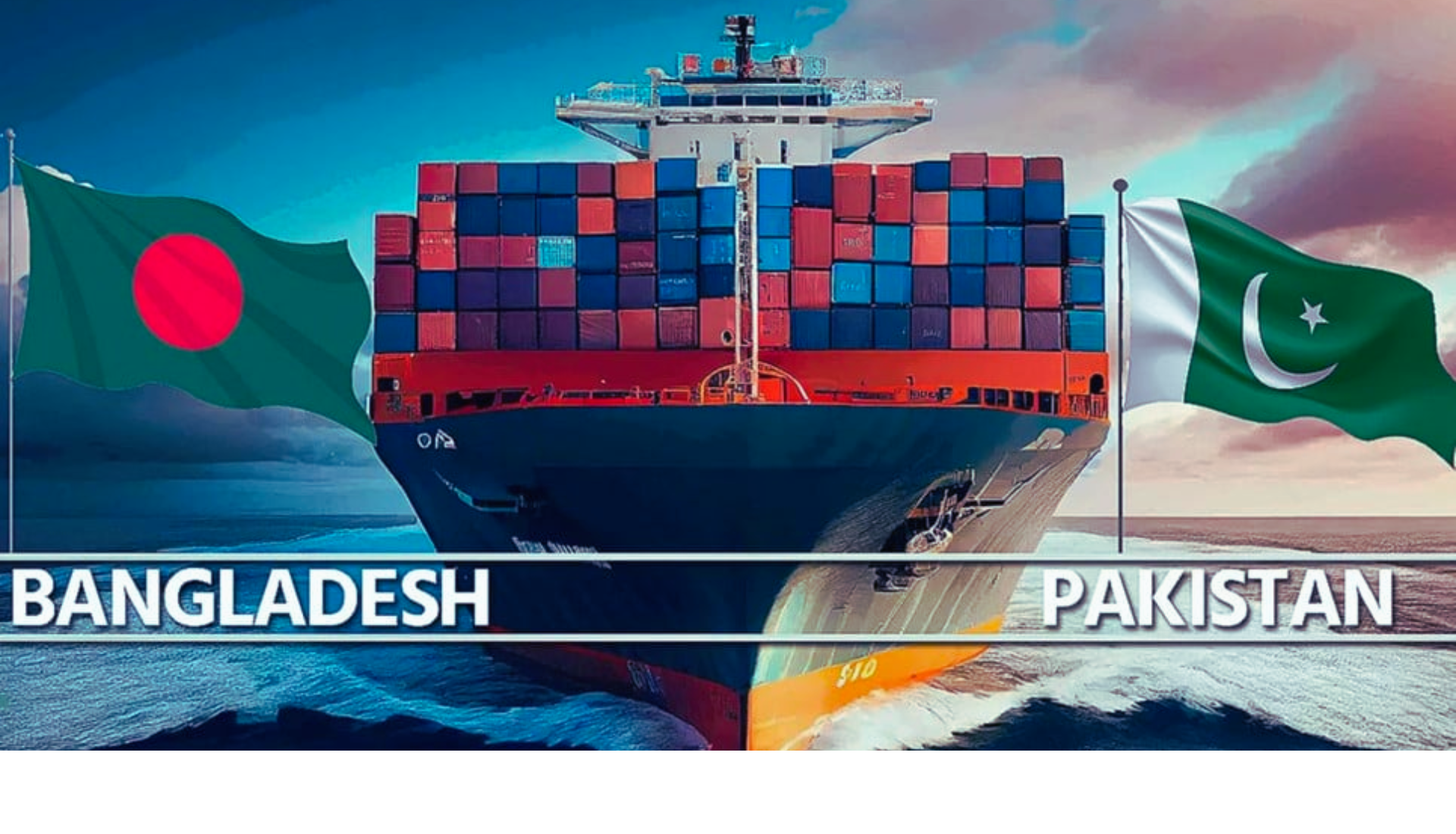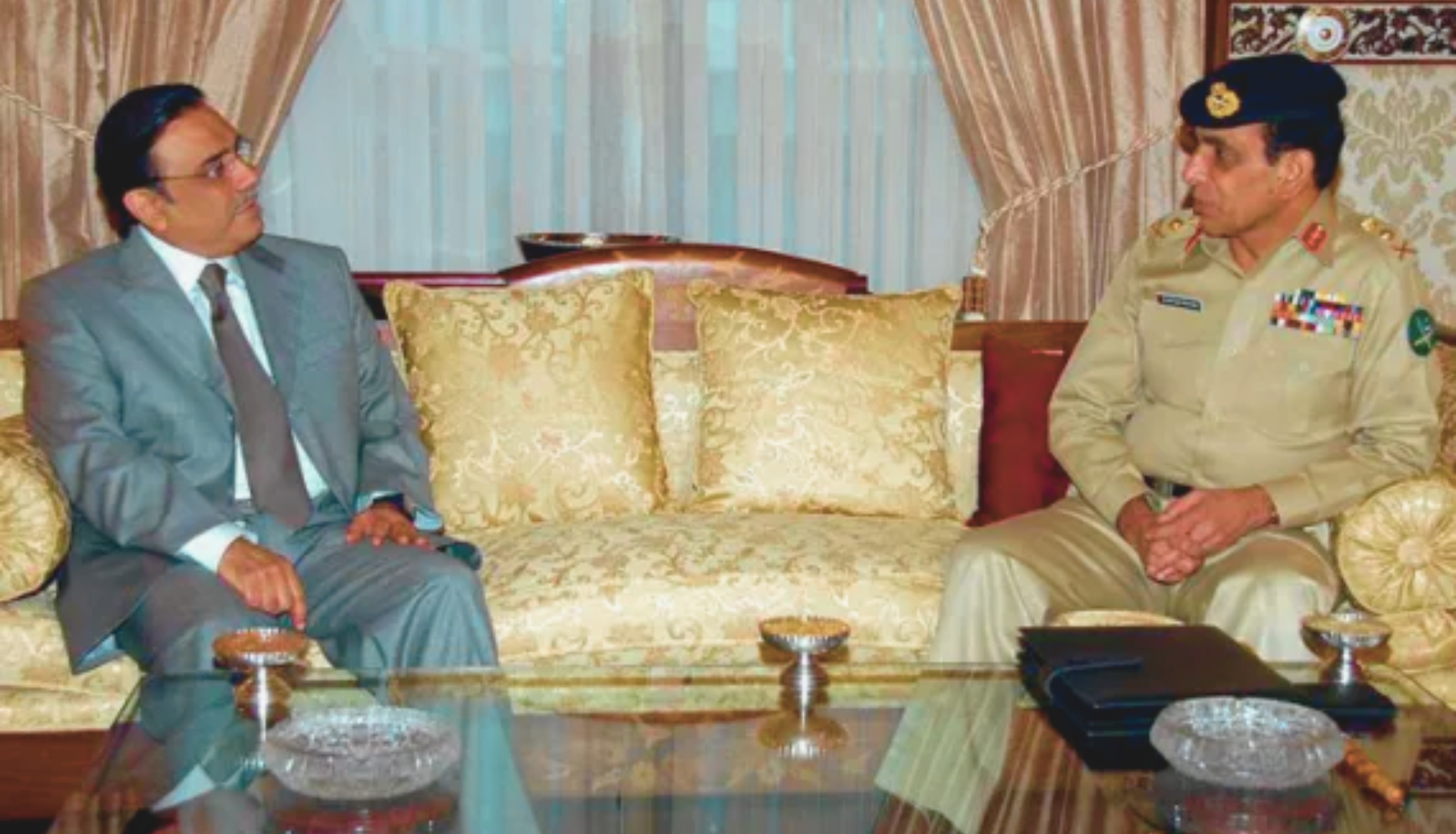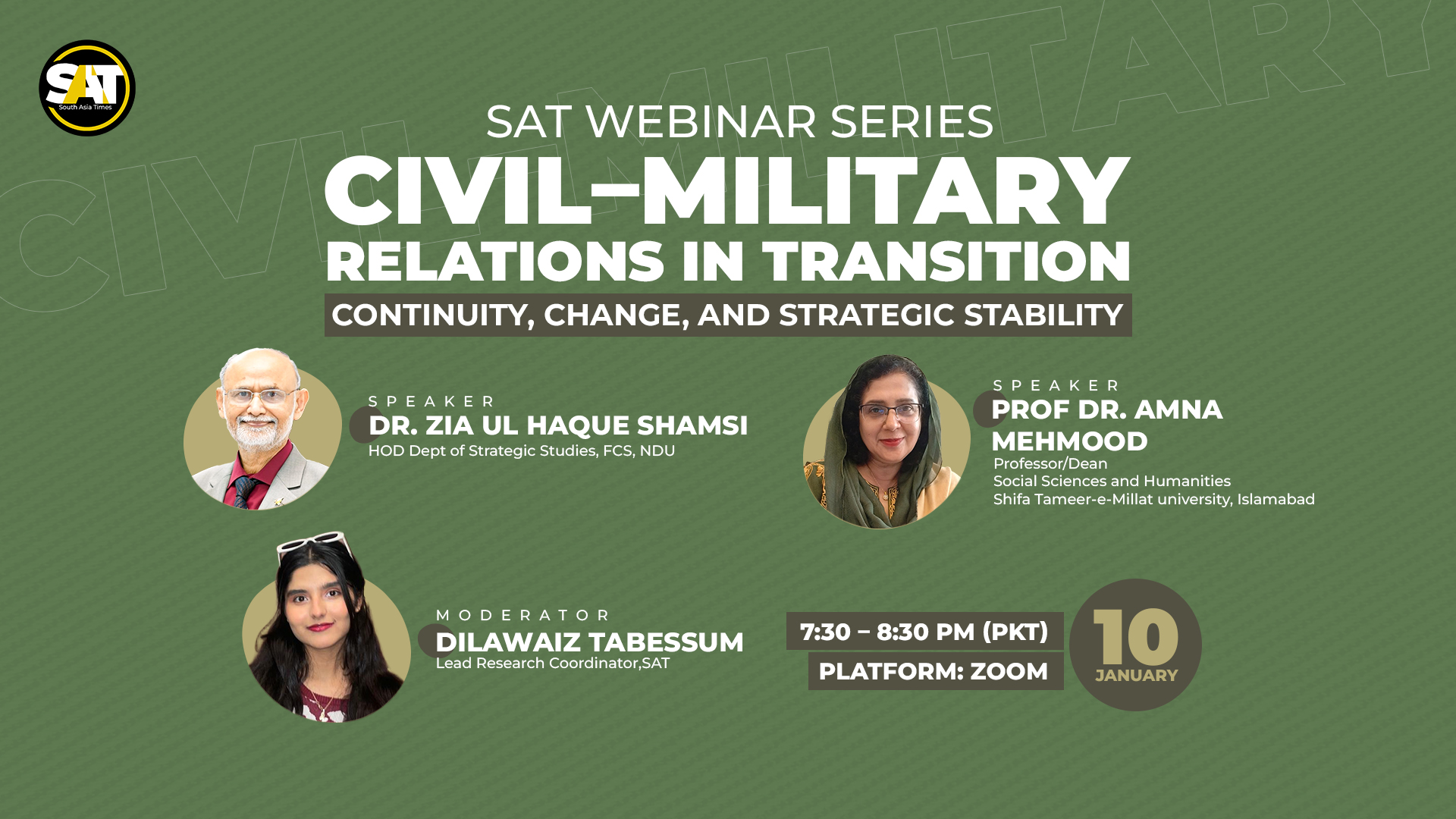In the wake of U.S. President Donald Trump slapping increased tariffs on imports, Sri Lanka sought to strengthen economic cooperation with India during the visit of Indian Prime Minister Narendra Modi.
Delivering remarks to the press, Indian Foreign Secretary Vickram Misri said that there was reference to this aspect during bilateral discussion between Prime Minister Modi and Sri Lankan President Anura Kumara Dissanayake. He said the President emphasized this matter during talks, and the two sides would seek to further enhance economic cooperation to deal with the fallout of such actions with geo-economic implications.
He said tariffs were a matter affecting both Sri Lanka and India.
Also See: From Sri Lanka to Myanmar: India’s Shadow Wars
Responding to a query about defence cooperation, he said the MoU signed in this regard is based on the President’s assurance that Sri Lankan territory, including the Ocean that surrounds it, would not be allowed to be used in a manner inimical and detrimental to India’s interests.
He said it is the ‘umbrella framework document ‘ for the already existing defence ties. According to him, the MoU will give impetus to the already existing exchanges, capacity building, port calls by naval units of both the countries and defence industry cooperation.
During the two- day visit by the Indian Premier, the two countries exchanged seven MoUs covering areas such as interconnection of the power grids and the development of Trincomalee as an energy hub, health sector cooperation and digitization.
The MoU involving the development of Trincomalee is a trilateral agreement between India, Sri Lanka and the United Arab Emirates.
PM Modi virtually inaugurated the Sampur solar power project, the temperature-controlled warehouse in Dambulla and the supply of solar energy to 500,000 religious institutions. He pledged assistance to develop Thirukoneswaram temple in Trincomalee, the sacred city complex of Anuradhapura and the Sita Temple in Nuwara-Eliya.
He visited Anuradhapura yesterday, along with the President, to inaugurate two railway projects.
This news is sourced from Daily Mirror and is intended for informational purposes only.

![Sri Lanka and India enhance ties amid U.S. tariffs, focusing on defense, economy, and development projects during Modi's visit. [Image via Daily Mirror]](https://southasiatimes.org/wp-content/uploads/2025/04/image_dd9ce502de.webp)




